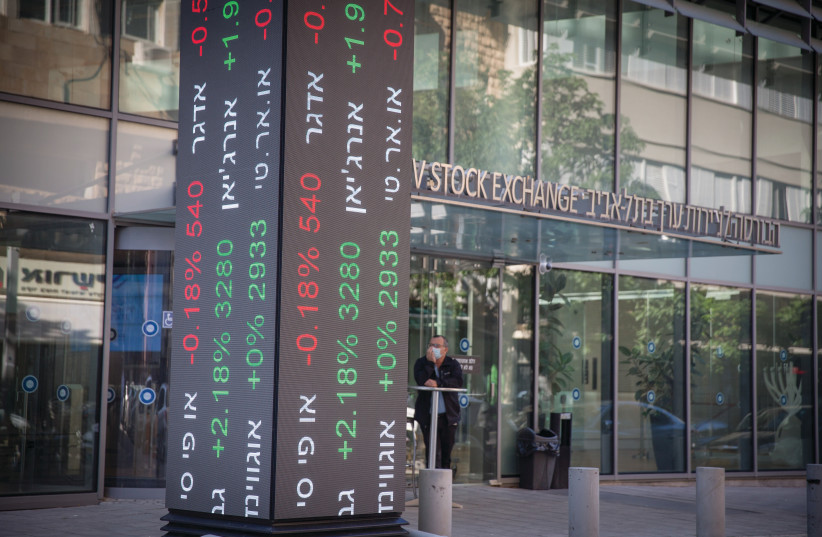In a seminar hosted by the Israeli Advanced Technology Industries (IATI) on Thursday night, experts addressed the impact that the ongoing conflict in Gaza will have on the Israeli tech industry.
One of the primary questions posed to the panel of experts was about the potential increase in down rounds for Israeli companies during the current situation. A "down round" is a financing round in which a company raises capital at a valuation lower than the valuation it had in a previous funding round.
Panelist Adam Fisher, partner with Bessemer Venture Partners, expressed optimism, suggesting that a significant rise in down rounds is unlikely.
“It's not that there aren't offers to do down rounds — those are usually troubled companies or companies that have raised at a very high price previously, but are still interesting enough to attract investment. That's not a horrible thing that happens, but to say that we're expecting more as a result of the conflict, it's just not true,” he said.
The panel agreed that the competitive nature of the Israeli tech industry will likely prevent down rounds from becoming a widespread trend, as down rounds are more likely to occur in cases where a company's valuation was previously inflated or when the business is facing specific challenges unrelated to the current macroeconomic situation.

Short-term problems but overall stability?
Despite the short-term challenges posed by the ongoing conflict, the seminar's panelists expressed optimism regarding the Israeli tech industry's long-term prospects. While there is an acknowledgment of a potential temporary slowdown in foreign capital inflows, driven by cautious investors waiting to assess the situation, several factors contribute to a sense of industry resilience.
"Like the country itself, Israeli hi-tech was born out of adversity," said Karin Mayer Rubinstein, CEO & Co-President of IATI. "The country’s economy is counting on Israeli hi-tech, and it needs not worry. Even as many of our colleagues and children aid in the defense of the country, the rest of us are back at work. It may require more hours at work, but we do so with pride."
The panelists also emphasized the industry's capacity to continue attracting foreign capital in the years ahead. Furthermore, the conflict was viewed as a catalyst for technological innovation, particularly in the defense sector, with the resulting innovations holding promise for civilian applications and adding value to the tech ecosystem.
Israeli growth companies, having raised significant capital in recent years, have built up substantial cash reserves. This financial "dry powder" acts as a buffer, providing these companies with the ability to navigate short-term challenges. As well, emerging verticals such as aerospace, cybersecurity, and related technologies are expected to experience growth as the demand for defense and security solutions increases. To further support the tech sector, the Israeli government has introduced programs aimed at assisting smaller companies during the crisis, offering essential aid to startups facing fundraising difficulties.
“Based on previous elements that we've seen, I believe there is going to be a huge wave of new innovation coming out of this: military technologies that are going to have civilian applications, a lot of applications that have been developed to support the ongoing civil effort in Israel are going to become commercial companies,” said Ronen Nir, Managing Director at PSG. “Therefore I believe that out of all this mess and bad times that we are going through, we will probably see the biggest tailwind that we have [ever seen] for the new wave of innovation in Israel.”
